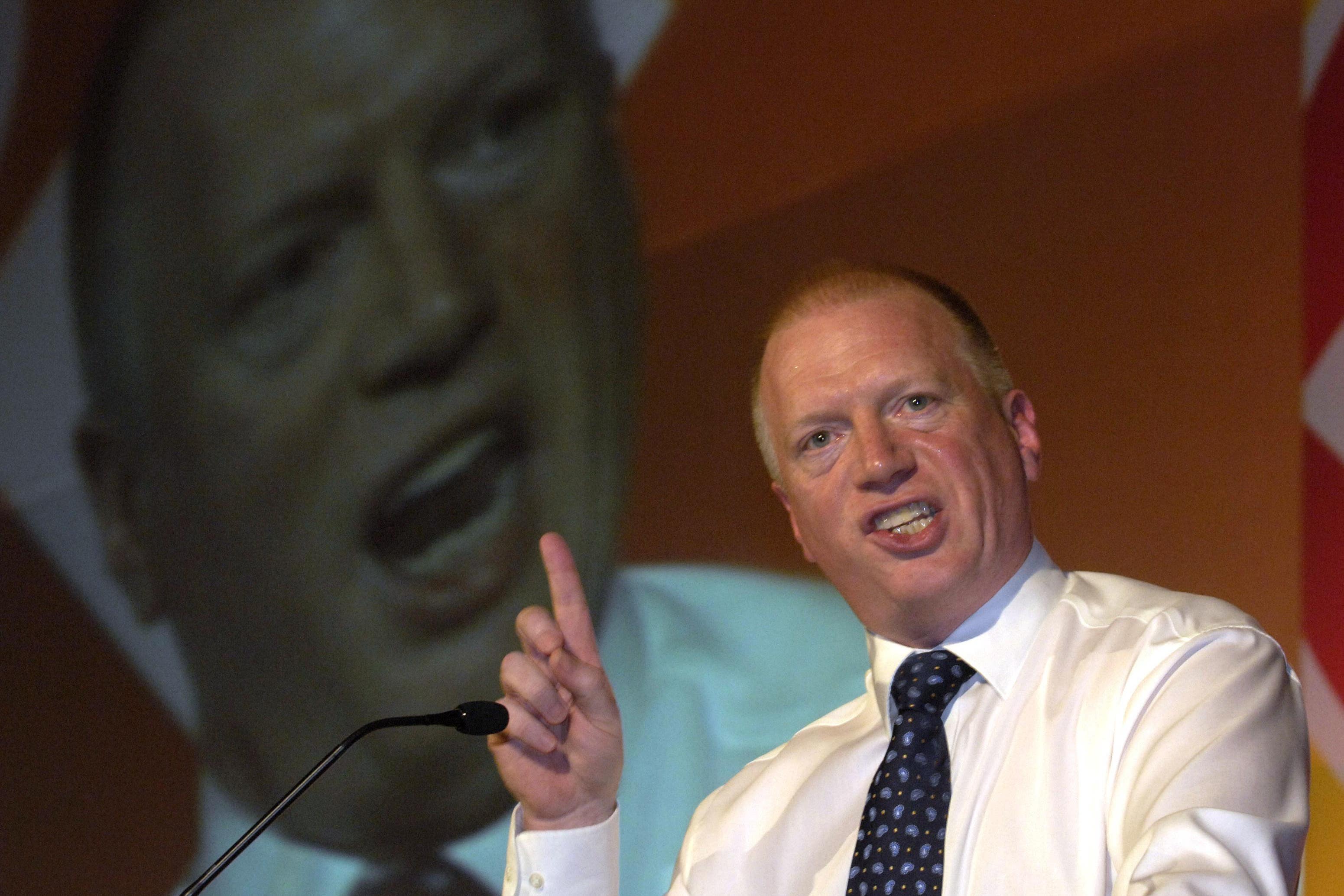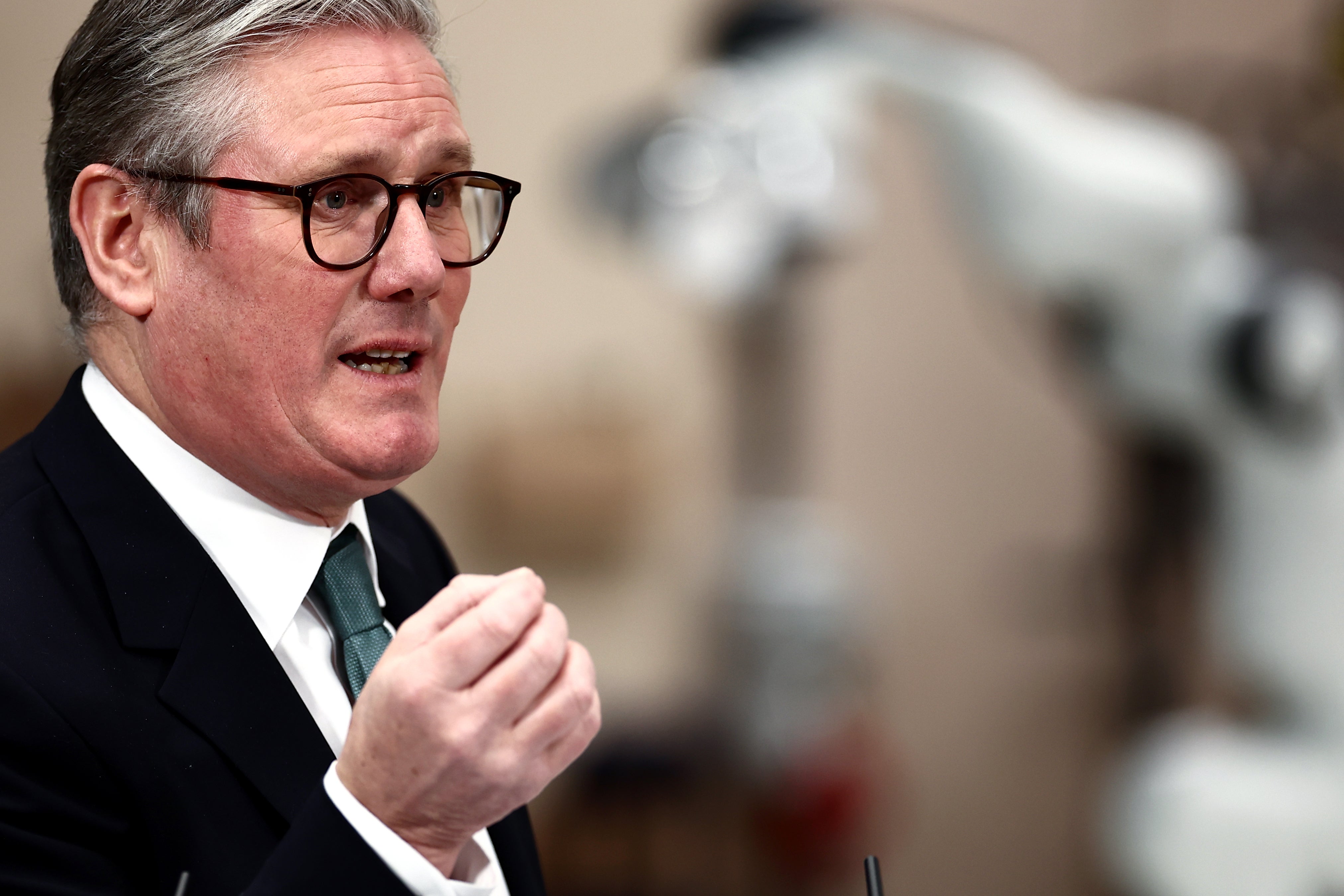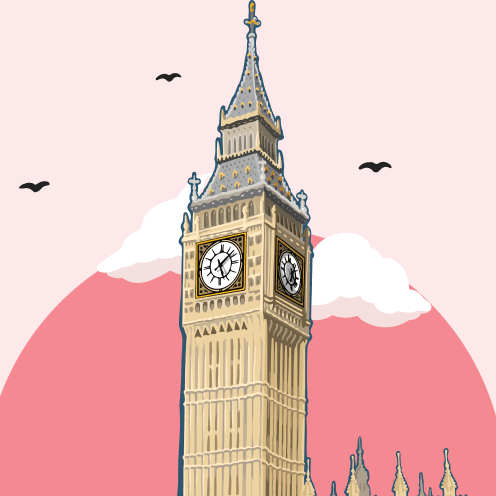Fate hanging in balance of top union boss Matt Wrack who pushed Starmer over workers’ rights

The union leader most credited with pushing Sir Keir Starmer to keep Labour’s commitment to a dramatic overhaul of workers’ rights will soon discover if he has been reelected as general secretary of the Fire Brigades Union (FBU).
Matt Wrack, who has led the Fire Brigades Union (FBU) for two decades, is now seen as the last of “the awkward squad” generation who helped turn around the trade union movement, following last week’s announcement of the retirement of Mick Lynch as head the National Union of Rail, Maritime and Transport Workers (RMT).
But the 62-year-old is facing a challenge as general secretary of the FBU from the union’s vice-president Steve Wright.
Speaking to The Independent ahead of the result being announced on Tuesday, Mr Wrack reflected on a hard-fought election campaign.

Rating his chances in the election, Mr Wrack said: “My expectation is it close, and I think one of the problems with union elections is the postal ballot system, where [turnout] tends to be low – and I think that will favour the other side.”
One of the issues at play is his own legacy in the trade union movement. In particular, as Trade Union Congress (TUC) president last year, Mr Wrack led the delegation thought to have stopped Sir Keir and Labour from backing down on the plans for a workers’ rights package.
It was understood that private discussions with business leaders had led the Labour leadership to water down the proposals including repealing anti-strike laws and backtracking on issues like zero-hours contracts.
But Mr Wrack led a union delegation into a meeting with Sir Keir, Rachel Reeves and Angela Rayner to thrash out a deal in May just before the election. Ahead of that meeting, he gave an interview with The Independent issuing a warning that “Labour could not rely on trade union votes”.
Then following Labour’s victory in July, Mr Wrack warned “words will not be enough” from the new Labour prime minister following the King’s Speech.

Mr Wrack said he is “proud” of his achievement in helping to secure the package of rights, although admitted that “it was not a solo effort”.
He added: “I got criticism because I went public and I went to the press on occasion, in the run-up to the election, to say Labour shouldn’t backtrack.”
He also succeeded in protecting national pay bargaining for firefighters in his own area, despite moves towards local deals and pay panels.
Mr Wrack partly puts his success down to his long experience as a trade union leader during the tough times for the movement when it was being rebuilt in the wake of the Margaret Thatcher reforms.
He said there is a need for “knowledge of the background of what people went through in the seventies, eighties, nineties… which all set the scene for where we are today”.
Mr Wrack added: “If people don’t grasp that, then you won’t be able to deal with challenges.”
He warned some “naively believe” a Labour government will be easy to deal with, but remembered his own struggles against Tony Blair’s government. He noted: “We also don’t know who will be in government [after the election] in 2029.”
The Employment Rights Bill will make parental leave, sick pay and protection from unfair dismissal all available from day one of the job for all workers. It will also end “exploitative” zero-hour contracts, and controversial “fire and rehire” practices, the government said.





